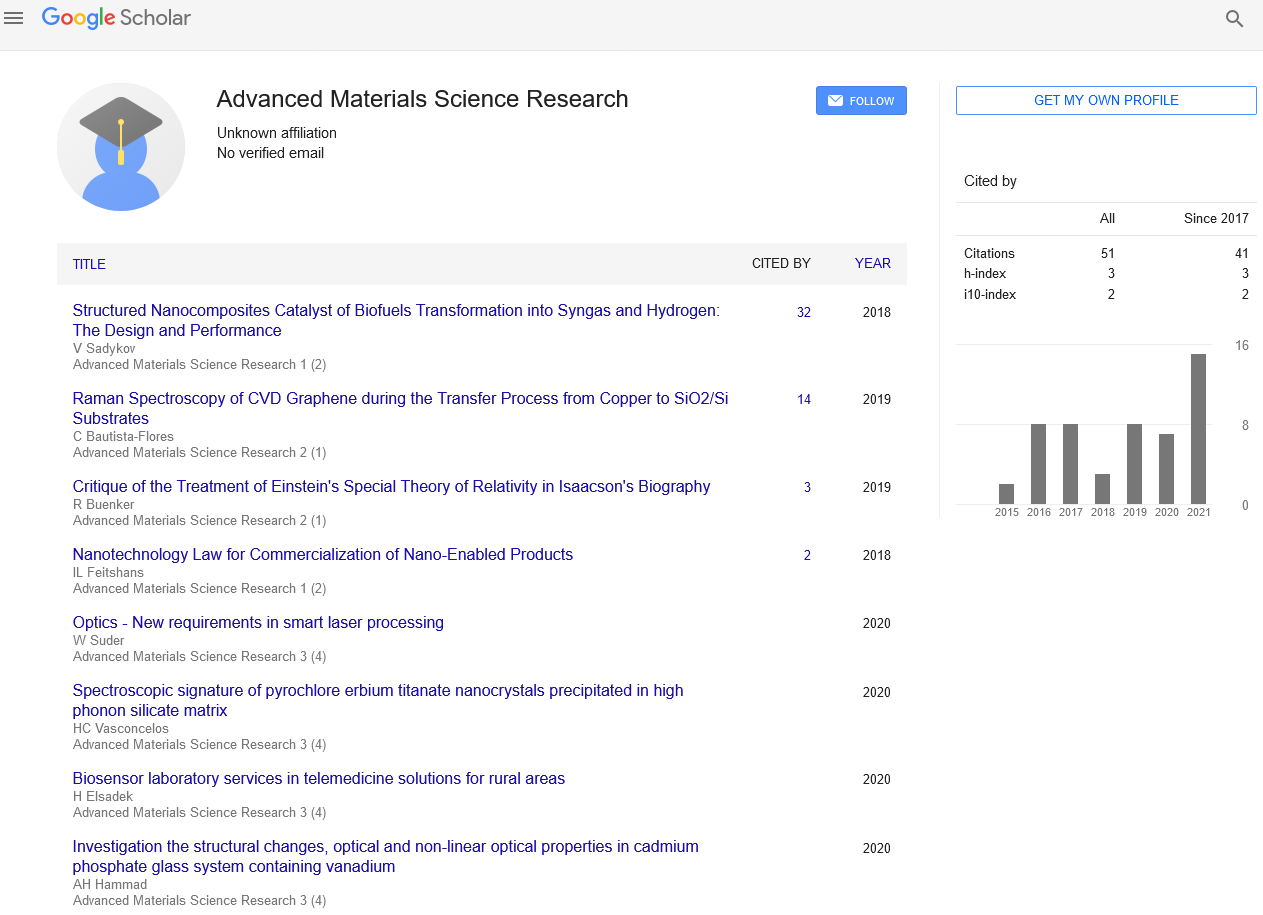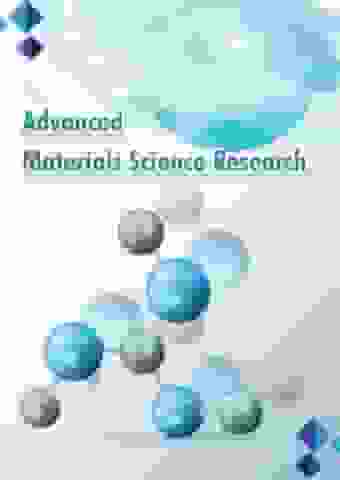Short Communication - Advanced Materials Science Research (2020) Volume 3, Issue 5
Applying Deep Learning Insights for the Training of Robots & Self-Driving Cars using ROS and Open Source software
Bernardo Ronquillo Japón
The Robot Academy, Spain
Abstract
This talk covers key concepts of Deep Learning applied to the training of Robots and Self-Driving Cars. Using a practical approach we will show the attendees how autonomous cars face concrete scenarios in which computer vision capabilities are essential for the robot to take the right decisions in order to safely deal with common situations:
- Parking
- Level crossing
- Go through an intersection regulated by traffic lights
- Passage preference for pedestrians in crosswalks
- Go through tunnels
The existing ROS contributed packages are the foundation on top of which an application framework for Self-Driving Cars can be built, adding functionalities to deal with specific tasks like the ones listed above.
Linked to the self-driving scope described above,Computer vision is an essential capability for Robots in general, and for Self-Driving Cars in particular. The rapid development of Deep Learning throughout this decade, in particular with the introduction of Convolutional Neural Networks, has revolutionized the way in which Computer Vision problems are addressed.
The specific insights we expect the attendees acquire with this talk are:
1. Discover how the data from robot perception can be combined with the context (natural light intensity,for example) so that the car response is adaptive (i.e., modulate the security distance and brake parameters tunning).
2. Learn how the car may quickly react to visual cues in the environment using Convolutional Neural Networks as the foundation of its Computer Vision capability (a pedestrian interfering in the planned path, for example).
3. Be aware of the importance of the visual perception in Robots and Self-Driving Cars, that represents the richest source of information for them, as it is for humans.
Biography
Bernardo Ronquillo Japón is a versatile and restless engineer, skilled in Data Science, Industrial Internet of Things (IoT) and Robotics. He is the author of the book “Hands on ROS: Programming Highly Autonomous Robots” published is february 2020. With a broad experience in several economic sectors he has worked for top technology companies since 1995: Instituto de Astrofísica de Canarias (Science), Altran (Industry & Aerospace), Alestis Aerospace (Aeronautics) and Universal Diagnostics (Health). As a result of his experience, Bernardo founded The Robot Academy,where he developed Open Source hardware and software solutions for engineers and makers: Social Robot IO (2015) for the stimulation of children with Autistic Spectrum Disorders, Robot JUS (2016) for helping engineers to deepen ROS’s technical insights using low complexity hardware, and IIoT All-in-One (2018) as the Industrial Internet of Things training package for assisting companies in their digital transformation process to become Industry 4.0 corporations.

